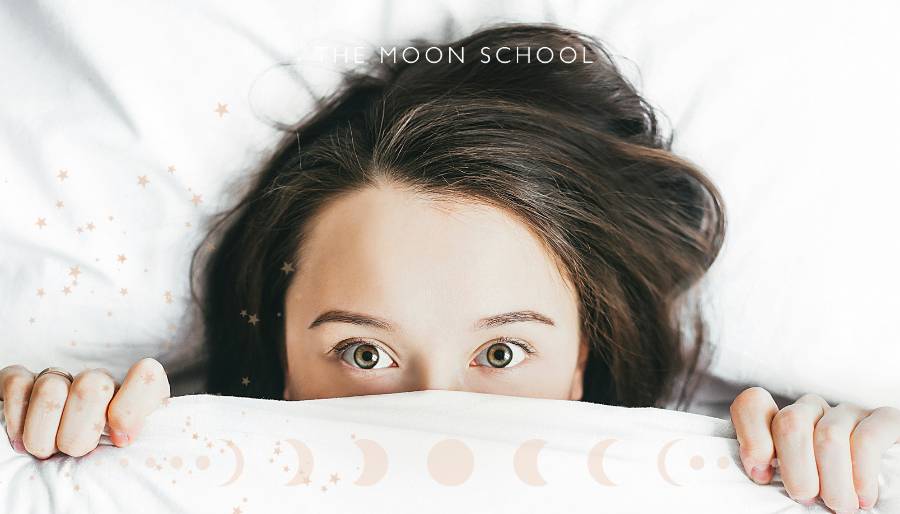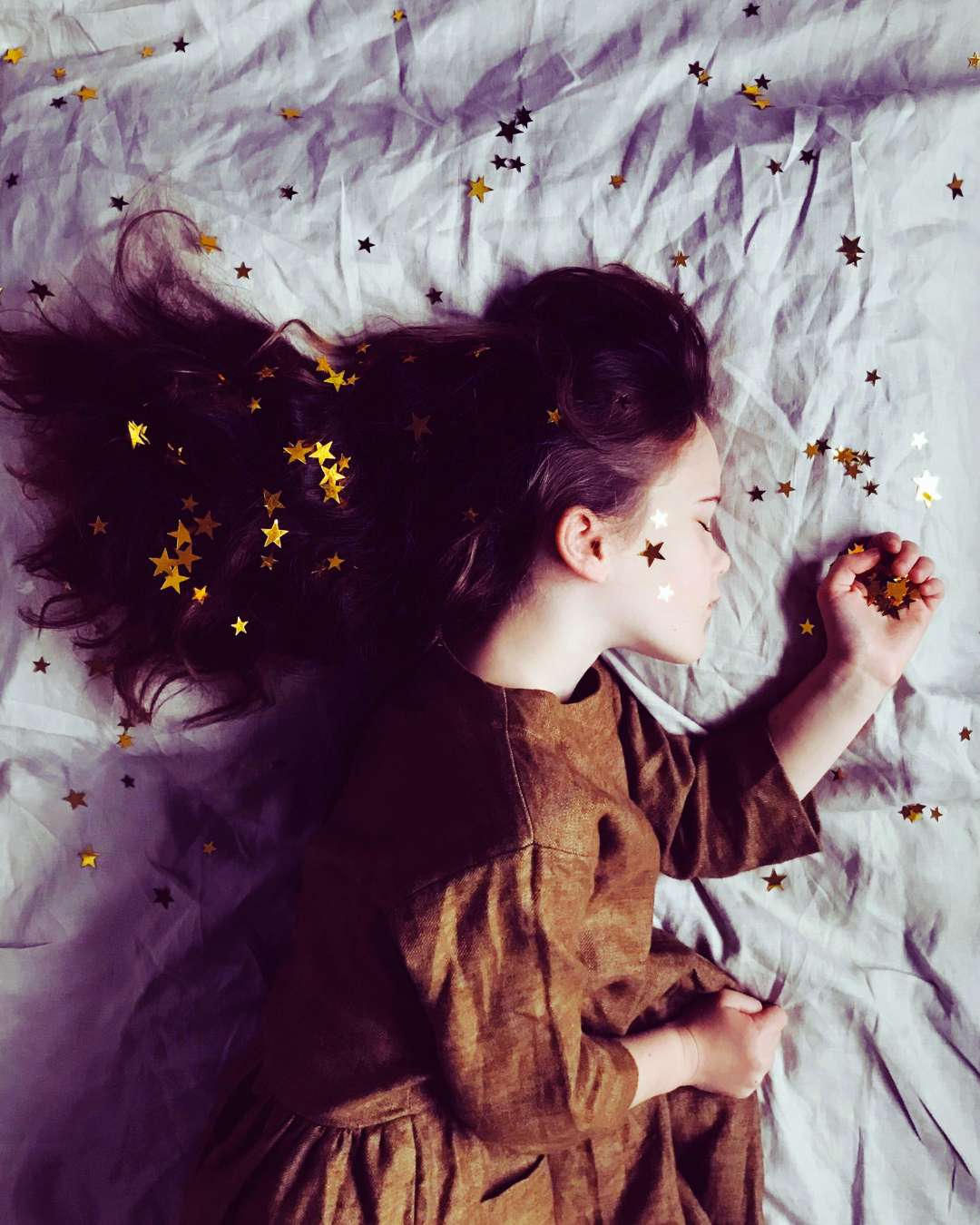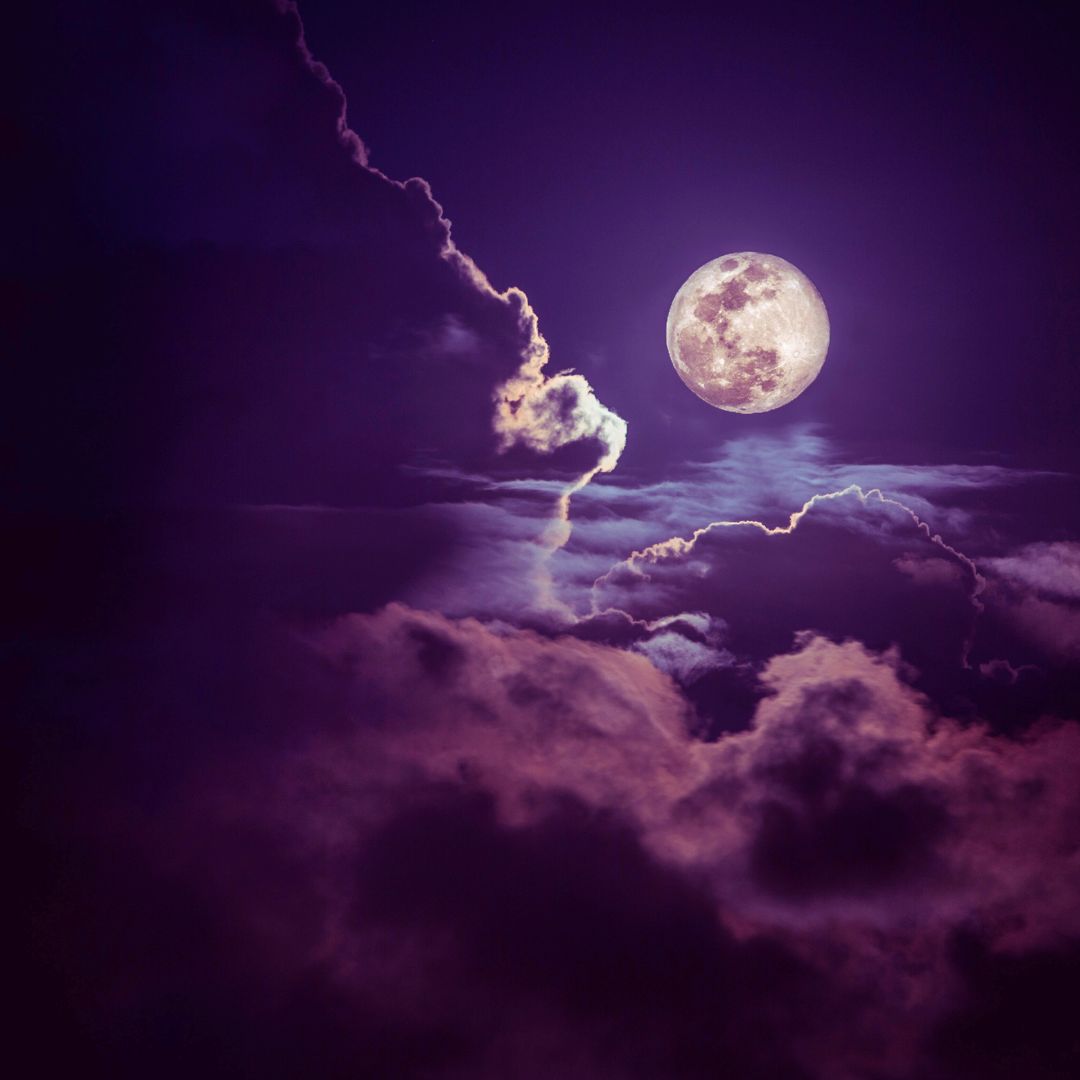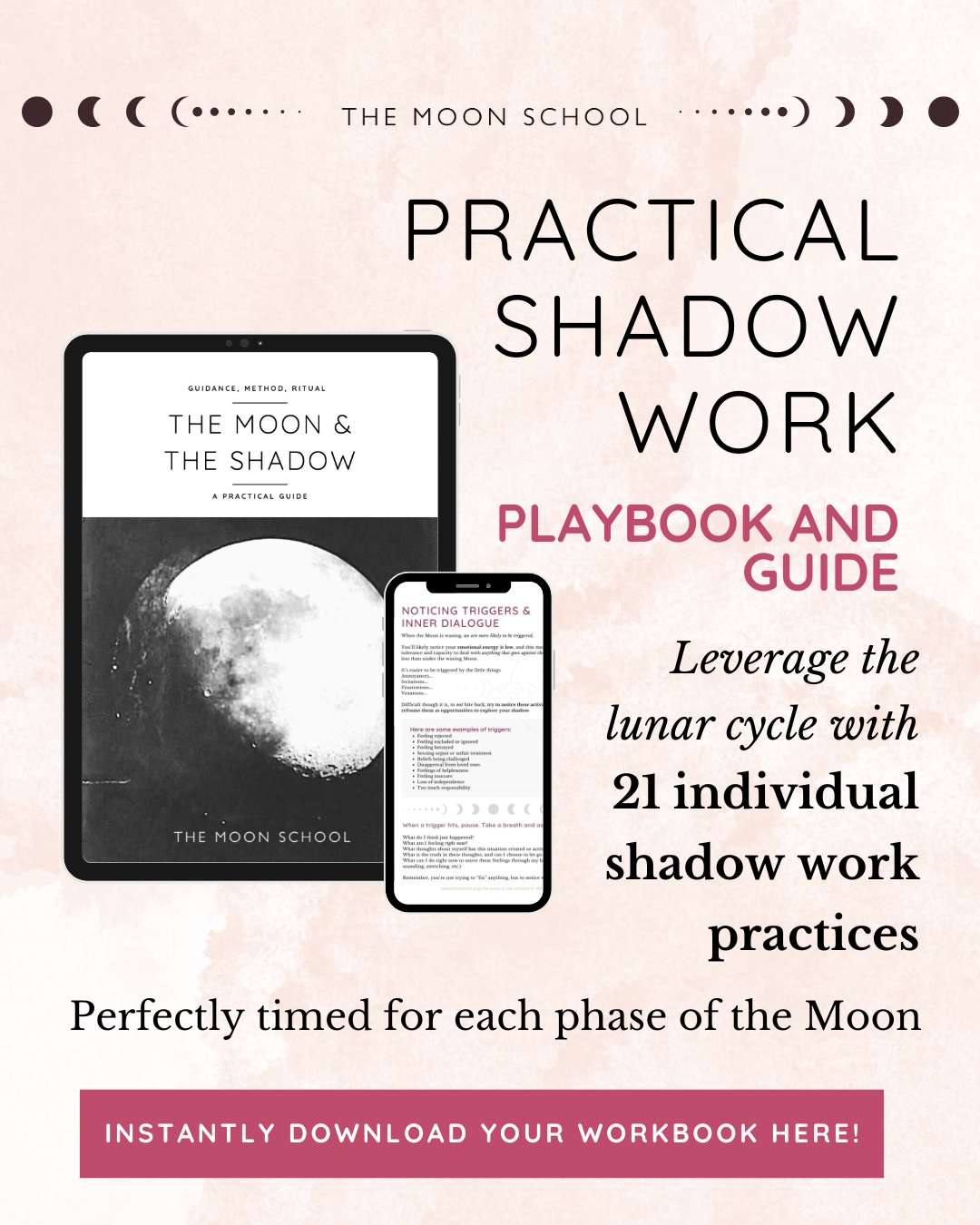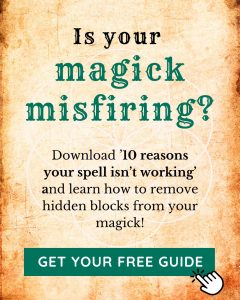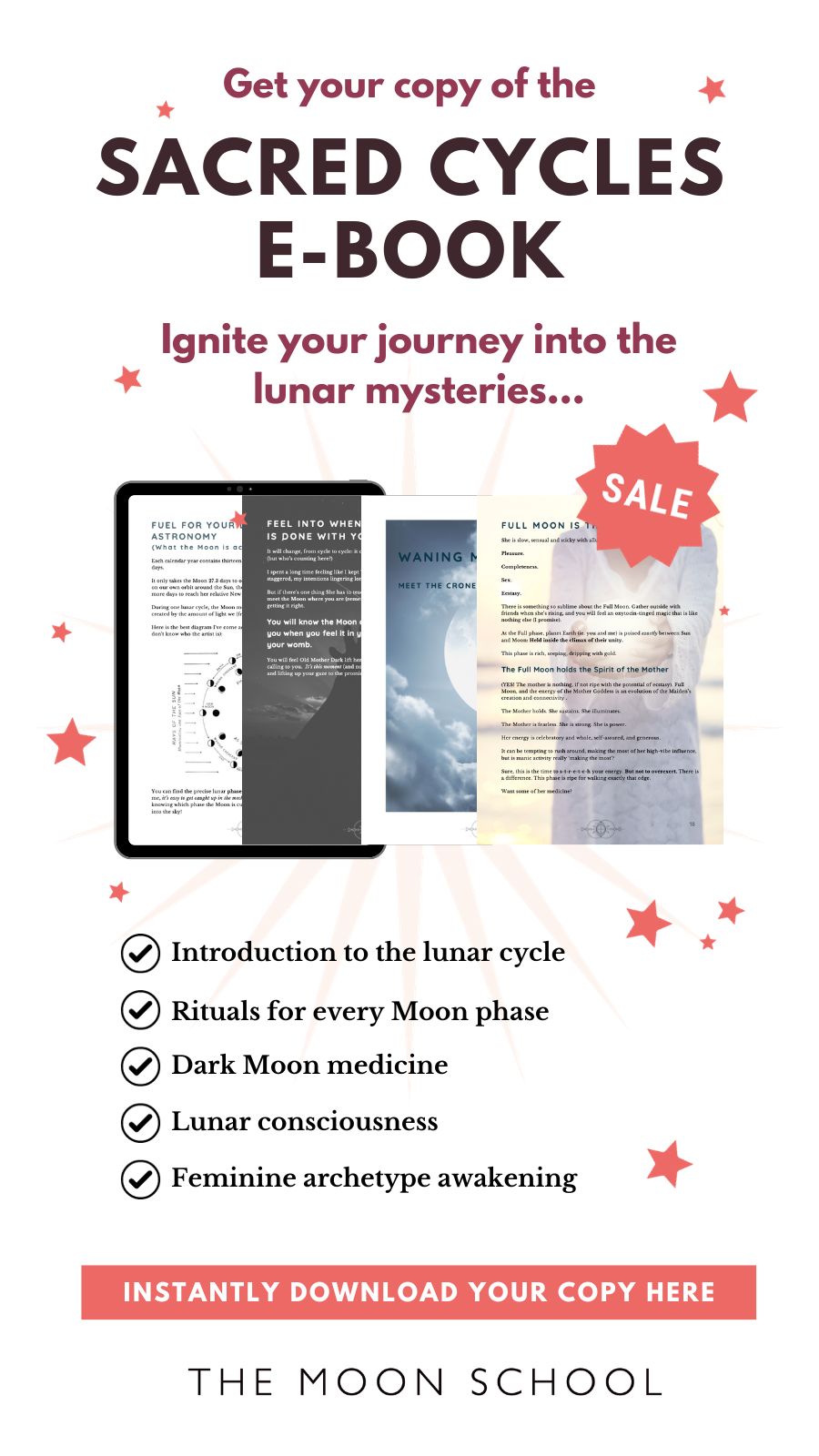People have noticed the moon’s effects on our lives for centuries.
Probably longer.
Yet it’s only relatively recently that science has begun to explain some of the less clear-cut lunar phenomenon, such as sleeping patterns.
Does the Moon affect sleeping patterns?
It’s a really common belief that the moon affects our sleep, and so many people believe it because they experience it on a regular basis! But science needs non-negotiable evidence to prove anything, and that is pretty difficult to come by when there are SO many variables affecting something like sleep.
But a 2013 study became the first one to investigate the potential influence of lunar phases on human sleep patterns, and find conclusive evidence!
Researchers conducted a cross-sectional study under controlled laboratory conditions, analyzing sleep structure, EEG activity during non-rapid-eye-movement (NREM) sleep, and hormone secretion in relation to lunar phases.
Participants were unaware of the study’s focus on lunar phases.
The results showed that around the full moon:
- Deep sleep decreased by 30%
- time to fall asleep increased by 5 minutes
- Total sleep duration reduced by 20 minutes
These changes were accompanied by a decrease in subjective sleep quality and lower levels of melatonin. The study was the first to provide reliable evidence that lunar rhythms can impact human sleep structure under controlled conditions, independent of external time cues.
If you’re curious, here are a few more studies, looking into any correlation between the full Moon phase, and sleep patterns:
What are the reasons for sleep disruption?
The reasons behind sleep disruption and interference are still being explored. Some think it’s due to the moon’s brightness, while others suggest it could be due to electromagnetic fluctuations caused by the moon’s orbit. There’s even a theory that the moon’s gravitational pull might play a role, although this idea is still being debated.
Increased Brightness: By increasing ambient light levels, is it possible that the full moon’s illumination makes it more difficult for individuals to fall asleep and stay asleep?
Circadian Rhythm Disruption: It’s possible that full moon’s brightness may interfere with the body’s internal clock (circadian rhythm) leading to alterations in sleep-wake cycles and overall sleep quality.
Melatonin Suppression: Exposure to bright light at night can suppress the production of melatonin, a hormone that regulates sleep-wake cycles, potentially leading to sleep disturbances.
Increased Nighttime Activity: Some people may simply have more energy during a full moon, leading to increased nighttime activity (or more action later on in the evening) making it harder to rest.
Psychological Factors: It’s possible that beliefs that already associate the full moon with increased emotional intensity or anxiety may contribute to sleep disruptions. This may look like heightened stress or even anticipation.
So what can you do, if you can’t sleep during a full Moon?
I’m no sleep expert. So instead of giving you a list of sleep tips, I wanted to share what I do on those restless full Moon nights. Because when the full Moon keeps me up, I try not to resist, but instead to flow with her…
Drift and dream
Sometimes I dip in and out of dreaming states, gathering symbols and messages from the liminal. It can be a great opportunity for intentional dreaming – setting intentions and receiving whatever appears as medicine.
Journal
Sometimes Moon journaling feels right, so I keep a notebook and pen next to my pillow to scribble down thoughts and ideas.
Pull a card
Under the illuminating full Moon phase, drawing oracle or Tarot cards can bring even more clarity to tricky situations. And in the dead of night, messages and meanings often take on greater significance.
Moon gaze
Drawing the curtains and gazing at the Moon can be a magical experience.
Connect with the Goddess
Simply lighting a candle and dropping into connection with one of the many Moon Goddesses is a favourite way to pass the time before the full Moon sets, and the morning sunrise.

